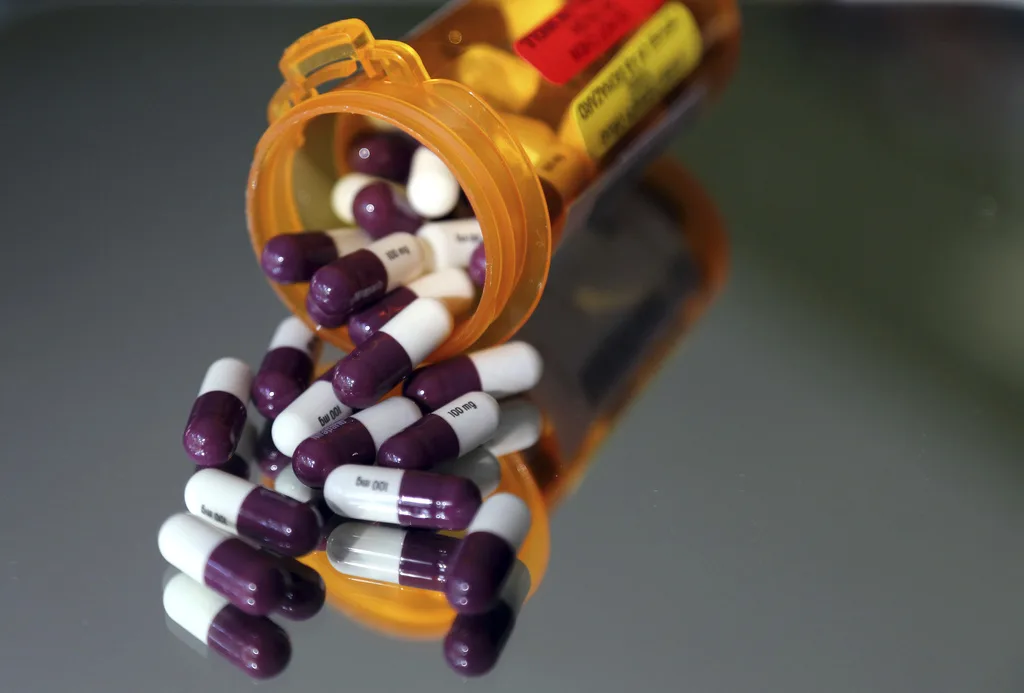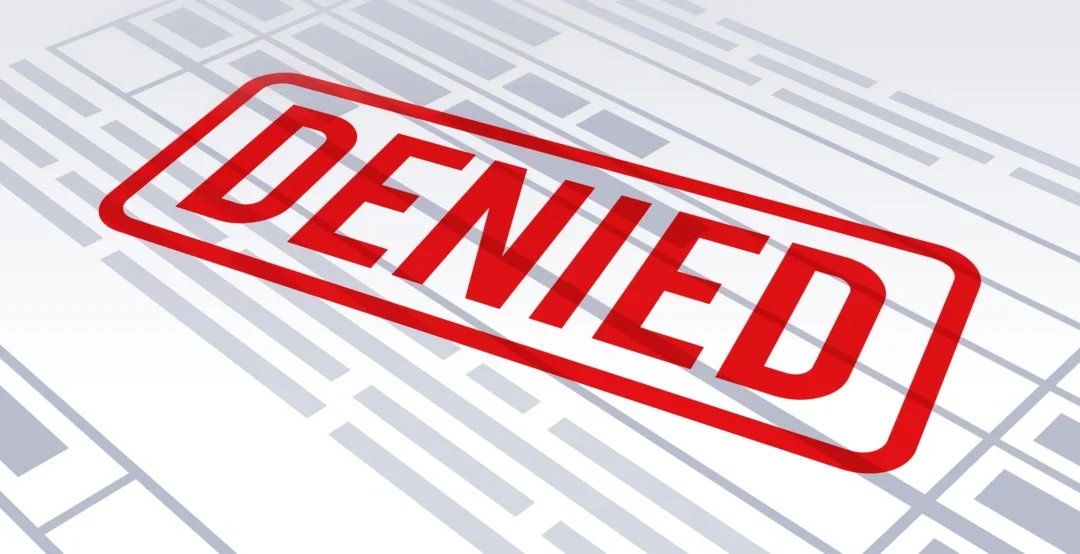
Pharmaceuticals are seen in North Andover, Mass., on June 15, 2018. (AP Photo/Elise Amendola, file)
Prescription drug costs are falling by the thousands this year for more than a million American seniors due to President Biden’s Inflation Reduction Act (IRA).
When Biden signed the legislation in 2022, it covered a wide range of issues. It invested more than $370 billion into climate and clean energy programs. It extended generous subsidies that helped make Affordable Care Act (ACA) health insurance plans more affordable. It implemented a $35 monthly cap on insulin for Medicare recipients.
Now, the legislation’s changes to the Medicare program will help beneficiaries save money.
In 2025, Medicare beneficiaries will pay no more than $2,000 out-of-pocket for prescription drugs covered under Part D, which is the program’s outpatient drug benefit.
This cap is in addition to the fact that Part D beneficiaries are no longer required to pay 5% of the cost of brand-name drugs once they reach that threshold; this translates to a cap of about $3,300 out-of-pocket for brand-name drugs.
It’s estimated that this new cap will save seniors who take expensive drugs for conditions like cancer thousands of dollars each year.
The IRA has also expanded access to federal subsidies that help low-income American seniors with their Part D premiums, deductibles, and cost sharing by increasing income limits.
According to the Social Security Administration, the subsidy, known as Extra Help, is worth about $5,300 per year for people who enroll in it.
In order to be eligible for the subsidy this year, a household’s annual income must be below $22,590 for one person, or $30,660 for a married couple. Total valuation of assets must be below $17,220 for one person, or $34,360 for a married couple.
This expanded benefit will be automatically granted to nearly 300,000 low-income people on Medicare, but up to three million more American seniors could benefit from the expansion, according to Medicare estimates.
To apply for Extra Help, click here.
The IRA has also authorized Medicare to negotiate prices for expensive drugs with pharmaceutical companies for the first time, and will now penalize drug companies for price increases that exceed the rate of general inflation.
The first negotiations will include the blood thinners Eliquis and Xarelto, as well as the diabetes drugs Jardiance, Januvia, and Farxiga. The other drugs are the heart failure treatment Entresto, the rheumatoid arthritis drug Enbrel, the blood cancer treatment Imbruvica, the anti-inflammatory medicine Stelara, and Novo Nordisk’s suite of insulins, which go by the names Fiasp and NovoLog.
Another 15 drugs will be selected for negotiation and see their prices decrease in 2027, with 15 more following in 2028, and 20 more in 2029 and each year afterwards.
These new price negotiations aim “to basically make drugs more affordable while also still allowing for profits to be made,” Gretchen Jacobson, who researches Medicare issues at the Commonwealth Fund, said in August.
According to the Centers for Medicare and Medicaid Services, the 10 drugs listed above accounted for more than $50 billion in Medicare prescription drug costs between June 1, 2022 and May 31, 2023, making them some of the most costly to the Medicare program.
The negotiated prices would go into effect in 2026 and would save up to nine million seniors money on prescription drugs, according to the White House.
The Congressional Budget Office also reports that the new Medicare negotiation provision will save taxpayers $160 billion by reducing how much Medicare pays for drugs through negotiation and inflation rebates.
This isn’t stopping pharmaceutical giants from mounting a vigorous legal battle against these negotiations, however.
In a series of lawsuits, companies like Merck have blasted the initiative, calling it unconstitutional and defending their high prices. They claim that the regulation could undermine future cures.
Lawyers for Bristol Myers Squibb, Janssen, Novartis, and Novo Nordisk offered several objections to the negotiations earlier this month, saying that they constitute “the illegal taking of their drugs,” for example. Other companies have claimed even signing a contract would be unconstitutional, because it would force them to admit publicly that a lower price is a fairer price.
On the flip side, health care advocates have praised the negotiations and the IRA alike, calling them both historic.
“This is a momentous day for patients across the country,” David Mitchell, a cancer patient and founder of Patients For Affordable Drugs Now, said last year. “I am one of millions of people in this country who take Eliquis (apixaban), a blood thinner that has a list price of almost $7,000 in the US because its maker, Bristol-Myers Squibb, has blocked competition. In Canada, where there is a generic, the price is less than $1,700. With negotiations, millions of patients will finally get a more affordable price for drugs like Eliquis.”
Tricia Neuman, senior vice president of the Kaiser Family Foundation, told The New York Times in February that the prescription drug reforms outlined in the IRA “mark the most substantial changes to the Medicare D program since the drug benefit launched in 2006.”

Surviving cancer in Iowa: Caregivers, advocates share their stories
Cancer in Iowa isn’t just about the research studies and the statistics. Real Iowans and their families are behind each diagnosis. Read our first...

We sent Iowans nitrate tests to check their water. Here’s what they found
This story first appeared in the Sept. 30 edition of the Iowa Starting Line newsletter. Subscribe to our newsletter to get an exclusive first look...

How can policymakers help reduce Iowa’s cancer rates?
This story first appeared in the Sept. 23 edition of the Iowa Starting Line newsletter. Subscribe to our newsletter to get an exclusive first look...

Fighting a health insurance denial? Here are 7 tips to help
By: Lauren Sausser When Sally Nix found out that her health insurance company wouldn’t pay for an expensive, doctor-recommended treatment to ease...

Iowa leads the nation in binge drinking—and faces higher cancer risks from alcohol
This story first appeared in the Sept. 16 edition of the Iowa Starting Line newsletter. Subscribe to our newsletter to get an exclusive first look...

What you can do to reduce your cancer risk: The big six for Iowans
A version of this story first appeared in the Sept. 9 edition of the Iowa Starting Line newsletter. Subscribe to our newsletter to get an exclusive...




